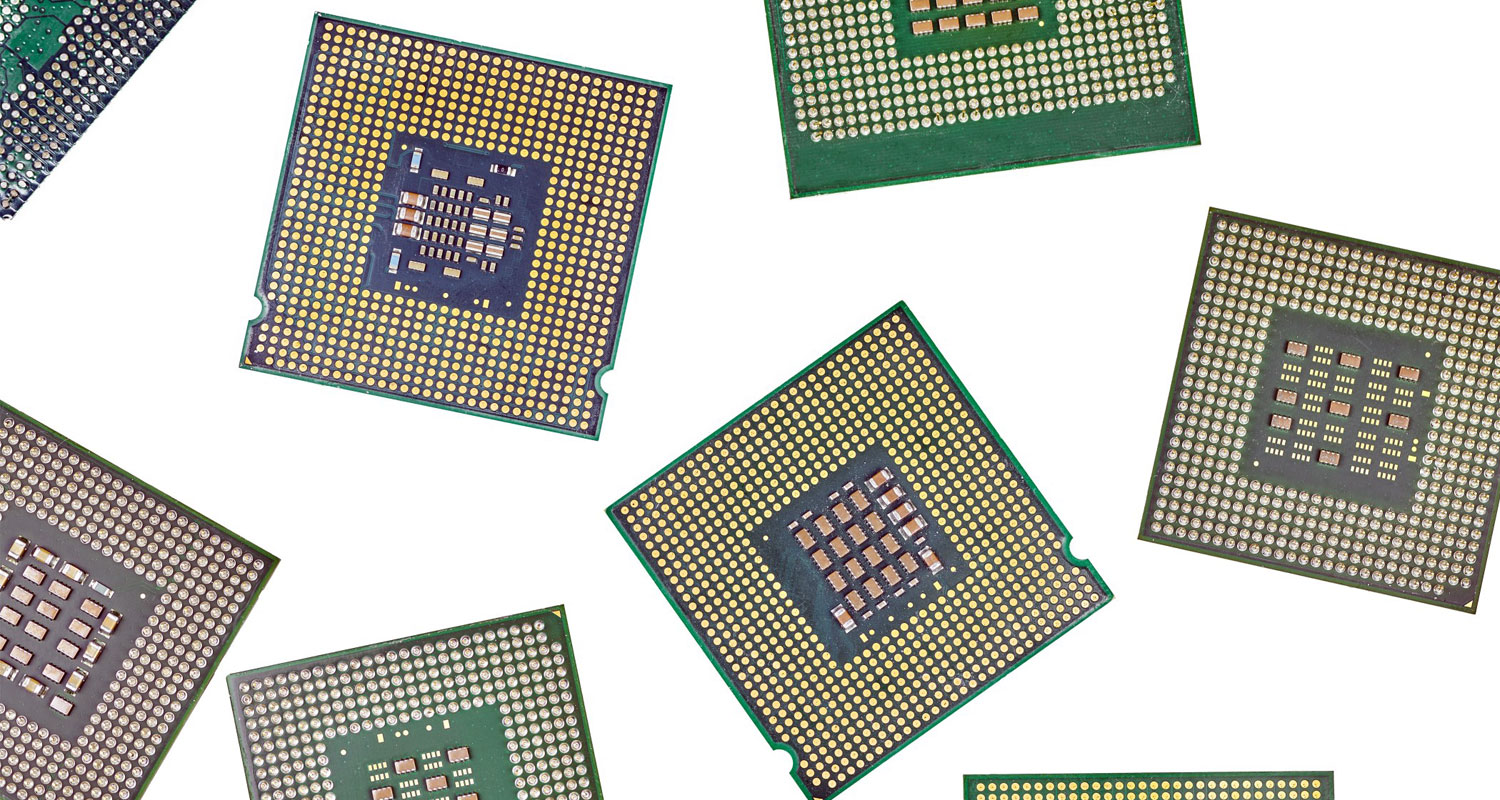 The accumulation of inventory by chip makers has usually been a sign of impending doom for the industry. As companies raced to meet demand that built up during the pandemic, they amassed a huge stockpile of chips.
The accumulation of inventory by chip makers has usually been a sign of impending doom for the industry. As companies raced to meet demand that built up during the pandemic, they amassed a huge stockpile of chips.
Ordinarily, gluts are followed by a plunge in prices and a struggle for chip makers to find buyers. That concern is why investors are selling semiconductor stocks this year after three years of gains. The Philadelphia Stock Exchange Semiconductor Index has dropped 23% so far in 2022 compared to a slide of 7.7% by the S&P 500 Index.
But many companies argue this time is different. Executives from Analog Devices, Micron Technology and Broadcom are among those who say inventory is rebounding from dangerously low levels and they’re only building what’s required to meet the growing demand for their products.
Analog Devices chief financial officer Prashanth Mahendra-Rajah said that looking at inventory in aggregate, whether in value or measured in days, doesn’t give as accurate a picture as it has in the past. More devices use chips now, so higher stockpiles reflect what’s needed to satisfy these new markets rather than an impending glut. Based on what Analog Devices is seeing, there might be some pockets of inventory build-up, but in general there’s healthy demand and not enough supply, he said.
“There is a concern by investors that customers have stockpiled inventory,” Mahendra-Rajah said in an interview. “There’s a concern by customers that there’s no inventory available for them.”
Not everyone is convinced.
Downturn coming?
“Over the last several months, inventory levels have become elevated within nearly every end-market segment, as compared to the pockets of inventory that we identified in prior quarters,” said Chris Caso, an analyst at Raymond James. “The pattern unfortunately looks eerily similar to our analysis at this point in 2018 — which preceded the subsequent industry downturn by six months.”
Investors and analysts will be seeking clues to which view is correct as the industry’s largest companies give their latest quarterly updates in the next two weeks.
Many chip-maker management teams are sticking to the assertion that the industry is still only at the beginning of a massive expansion fuelled by ever increasing numbers of items that are getting computer-like functionality. In the past, orders for PCs and smartphone components determined the health of the industry. Now, company executives say demand is more widely distributed and less prone to swing from gluts to shortages.
Last week, the Analog Devices management team repeated their belief that semiconductor sales, which took about 45 years to reach US$500-billion, will double to $1-trillion within the next 10 years. — (c) 2022 Bloomberg LP




